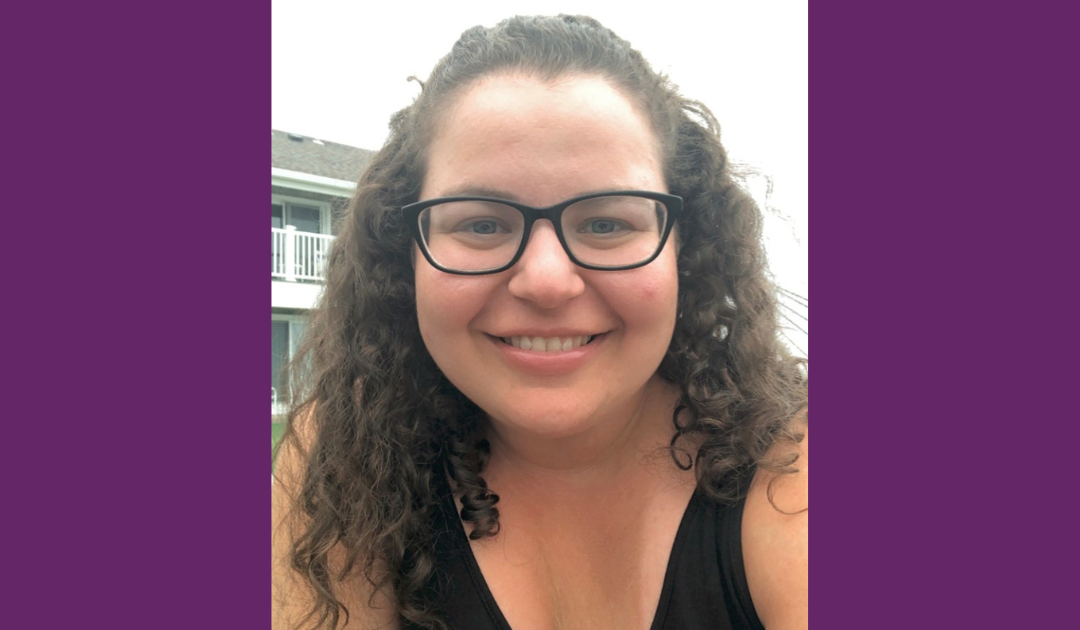Dara Goldberg, Early Intervention supervisor, works with a team of dedicated clinicians offering integrated developmental services for young children from birth to age 3. Her greatest reward is knowing she’s helping vulnerable children and their families. But during her five-year tenure at Northeast Arc, she’s been delighted to discover an unanticipated bonus: years after working with children, she continues to be showered with thanks from their appreciative parents.
“The parents of kids who turned 3 several years ago will send me thank-you notes and pictures of their children with updates on how they’re doing. One mom wishes me a happy Mother’s Day every year!” Dara says a bit incredulously. “The fact that these parents still think of me speaks to the impact of our work.”
“We only meet with the families once a week for an hour and a half, so when I hear from the mother of a child I haven’t seen in two years, it reinforces that what we do really makes a big difference,” she says.
Dara supervises occupational therapists and developmental therapists who work with children and their parents during family visits. The children have a wide range of developmental delays, including challenges in areas such as walking and speaking.
In addition to meeting with her team of clinicians one on one and in small groups to talk about their work, answer their questions, and provide support with paperwork and case-specific challenges, Dara handles a couple of cases herself and sometimes accompanies members of her team on home visits.
“If there’s a tough case, I’m happy to go out with a clinician to assist with an evaluation as needed,” Dara says. “But I benefit as well. I’ve learned so much by observing our occupational therapists and other specialists – for example, learning more about developmental issues such as motor development. Everyone on the early intervention team is very supportive!”
Promoted to supervisor in July 2022 after working with the early intervention team as a social worker, Dara knows firsthand the challenges her staff encounter as well as the importance of partnering closely
with families.
“Parents are overwhelmed. We can help by guiding them through the evaluation process, accompanying them to appointments with neurologists or other specialists, and helping them make sense of the technical information they’re hearing from their child’s team of providers,” she says.
Dara and her team also refer parents to helpful resources. “A child may need equipment – like a stander or a walker – that the family can’t afford, but we can connect them with people who can loan them those things,” she says, “and if a child has a diagnosis, we can help the family get the financial support they need.”
Raised by two social workers, Dara had planned on striking out in a new direction. But she soon realized that of all of the professions she might consider joining, social work offers incomparable opportunities for those who, like Dara and her parents, bloom when helping others. Working with the right organization and team, Dara and her colleagues are helping vulnerable families face complex challenges and achieve the best outcomes. “Although we have a difficult job, we know we are really helping the children we work with, and that their parents are deeply appreciative,” she says.
